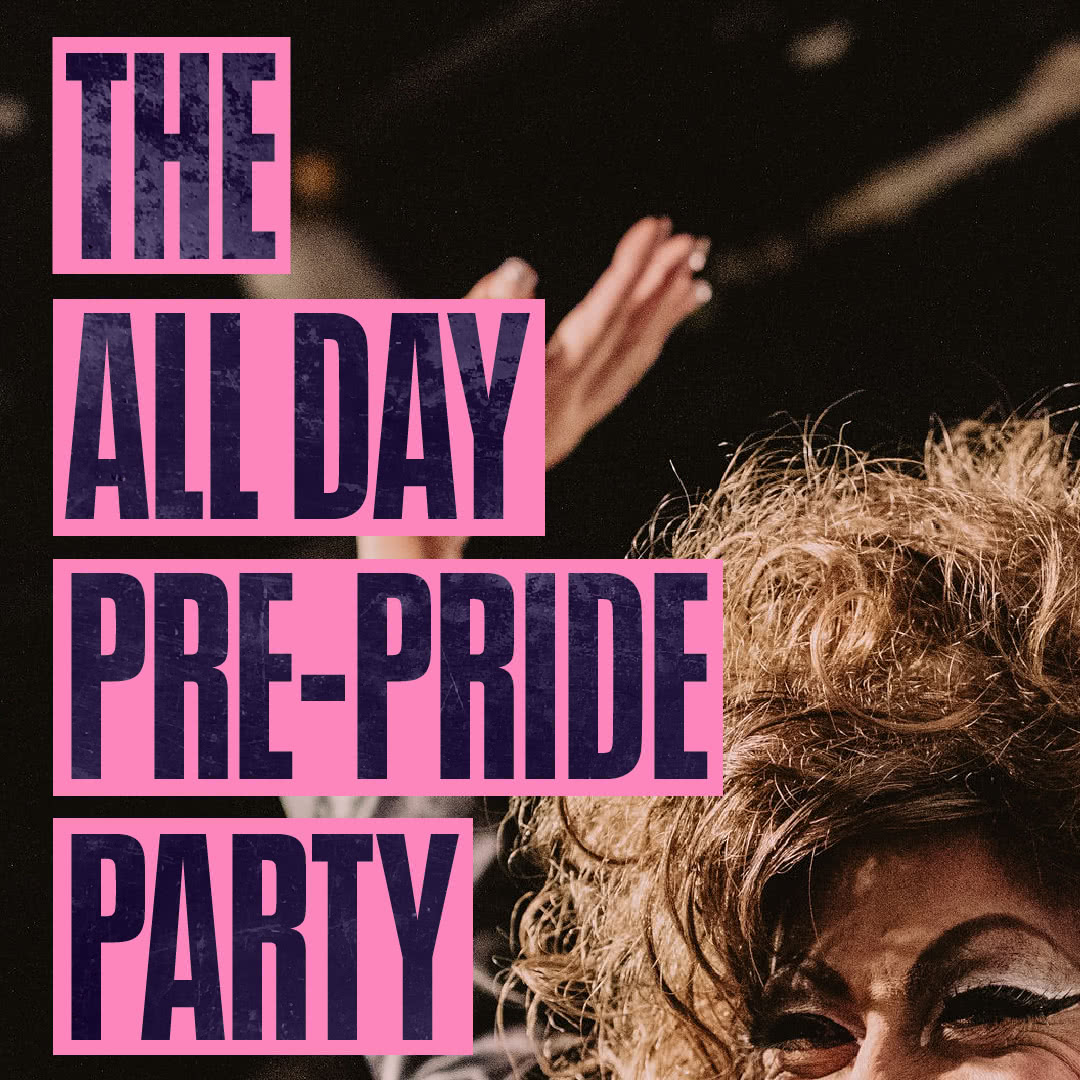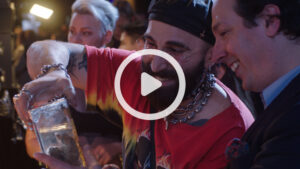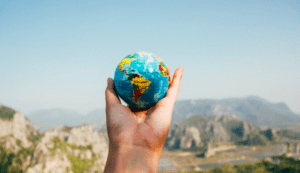“The first Pride was a riot” is heard so often that it’s become a cliche. More than half a century after the 1969 Stonewall Uprising in Manhattan, the phrase stalks every corporate-branded Pride commemoration — a reminder that before this era of widespread social acceptance, LGBTQIA+ people had to break society down before building it back up.
The entire history of the modern LGBTQIA+ rights movement, from bars and Pride parades to the very narrative of coming out, is built on leaving isolation behind to find community and togetherness. But in this era of lockdowns and widespread unemployment, gathering in even the smallest groups has become inadvisable. COVID-19 — like the devastating 2016 massacre at the Pulse nightclub in Orlando — can’t cancel the spirit of Pride. Queer creators Preview Changes (opens in a new tab) are working overtime and in isolation to come up with innovative ways to join together.
New York is undoubtedly the epicenter of the pandemic, yet Hell’s Kitchen drag performer Tina Burner is doing virtual burlesque shows, industry events, and brunches “six or seven times a week,” she says, along with a showtunes-filled birthday for RuPaul’s Drag Race contestant Nina West.
“I was one of the first people to realize, when COVID hit, how important it would be for our community to keep a sense of normalcy and keep a schedule and have something to look forward to,” Burner says.
East of Manhattan, though, the two LGBTQ+ communities on Fire Island (Cherry Grove and Fire Island Pines) face a bleak summer. Burner, who won Miss Fire Island in 2018, was looking forward to multiple three-hour-each-way commutes every weekend, starting on Memorial Day. People with vacation shares are hunkering down out there, Burner has heard, but without crowds to support their small businesses, the future of small LGBTQ+ resort areas like Fire Island could be grim.
So Manhattan it is. When she’s not delivering baked goods to friends by Citibike — as the “Muffin Ma’am,” although not in drag — Burner stays busy sewing 100 masks she plans to give to homeless youth. She still yearns for human connection, preferring interactive Zoom chats to solitary self-promotion.
“I found the most normalcy in Zoom brunches, because you can see people and you can relate to them, rather than me doing an Instagram live show,” she says. “If I need to do a show where people are spaced out and 12 feet away from me, I’ll do it. In this darkness, as performers, we can change people’s lives.”
Anyone can joke about being stronger than “Miss Rona,” but it’s undeniable that queer people are hurting as the spaces they turn to for solace and joy are shuttered. Performers, artists, restaurant servers, and nightlife have been hit hard by the virus’ economic effects — and they’re fields where LGBTQ+-identified people are strongly represented.
COVID-19’s emergence harkens back to the crisis years of another virus — HIV — whose scars afflict the community to this day. This sense of unease goes double in regions where discrimination remains a day-to-day reality, but at the same time, LGBTQ+ people, especially youth, have always found one another online (or, at least, since the beginning of the internet). The slow death of gay bars and other queer spaces nationwide has many causes, not least of which are the hookup apps and other digital spaces where people increasingly connect. That shift doesn’t seem to have diminished the community’s desire to help one another.
“We have a long history in Indianapolis of being resilient,” says Chris Handberg, the executive director of Indy Pride. “We face a lot of voices of hate. Being in a red state can be really hard and taxing for our community.”
Having gone virtual and postponed by one week, to June 20, Indy Pride is putting on no fewer than 13 volunteer-run, online events between May and June, largely by making space for communities under the overall LGBTQIA+ umbrella.
“We have a Pet Pride, we’re doing a large Deaf Pride, and a Bi/Pan Pride,” Handberg says. “We started a weekly social hour called DJs & Drinks where we have local bars talk about their location and history of their gay bar, and we make a specialty cocktail and have a DJ play a set after that.”
“We had about 2,500 viewers on the first one,” he adds.
RuPaul’s Drag Race performers Silky Ganache and Blair St. Clair both have roots in the state, but Handberg isn’t relying on them to fly home.
“We’re proud of the work they’re doing, but we have so much talent here,” he says. “We’re going to do a parody of ‘The Snatch Game’ with local queens during the virtual festival.”
As Indiana is the home of both Vice President Mike Pence and former South Bend Mayor Pete Buttigieg, its capital city experiences a similar dichotomy of acceptance and opprobrium. Indy Pride endeavors to recognize its leaders, and the city’s four LGBTQIA+ city councilors were set to be 2020’s Grand Marshals, in spite of any pushback.
“We did a news story on one of the local stations, and some people commented, ‘Well, I guess COVID isn’t so bad after all! Pride got canceled,’ ” Handberg says. “In the city we’re safe in our little bubble, but outside people are outright discriminatory.”
Even in comparatively welcoming regions of the country, “Pride” is not the same thing as Pride Month. Far from it: Cities in warmer climates have always tended to host their Pride parades weeks or months after June. One such organization is Oakland Pride, which is scheduled for September 13. According to co-chair Carlos Uribe, it’s still on.
“Obviously, we’re monitoring the situation closely and we’re going to take the advice of state and local officials,” he says. “We have begun to think about contingencies: What would a digital Pride look like?”
Physical spaces and online spaces are still deeply interconnected, and many queer creators have observed that once the crisis passes, it might behoove the community to continue broadcasting performances over Zoom. Not everybody who wants to make it to a 1am show can make it in person — but as long as you can tip the queens digitally, they probably won’t object. Half a century after trans activist Marsha P. Johnson threw the first brick on the other side of the country, queer creators nationwide are doing everything to make sure Pride 2020 goes out with a bang and not a whimper.






